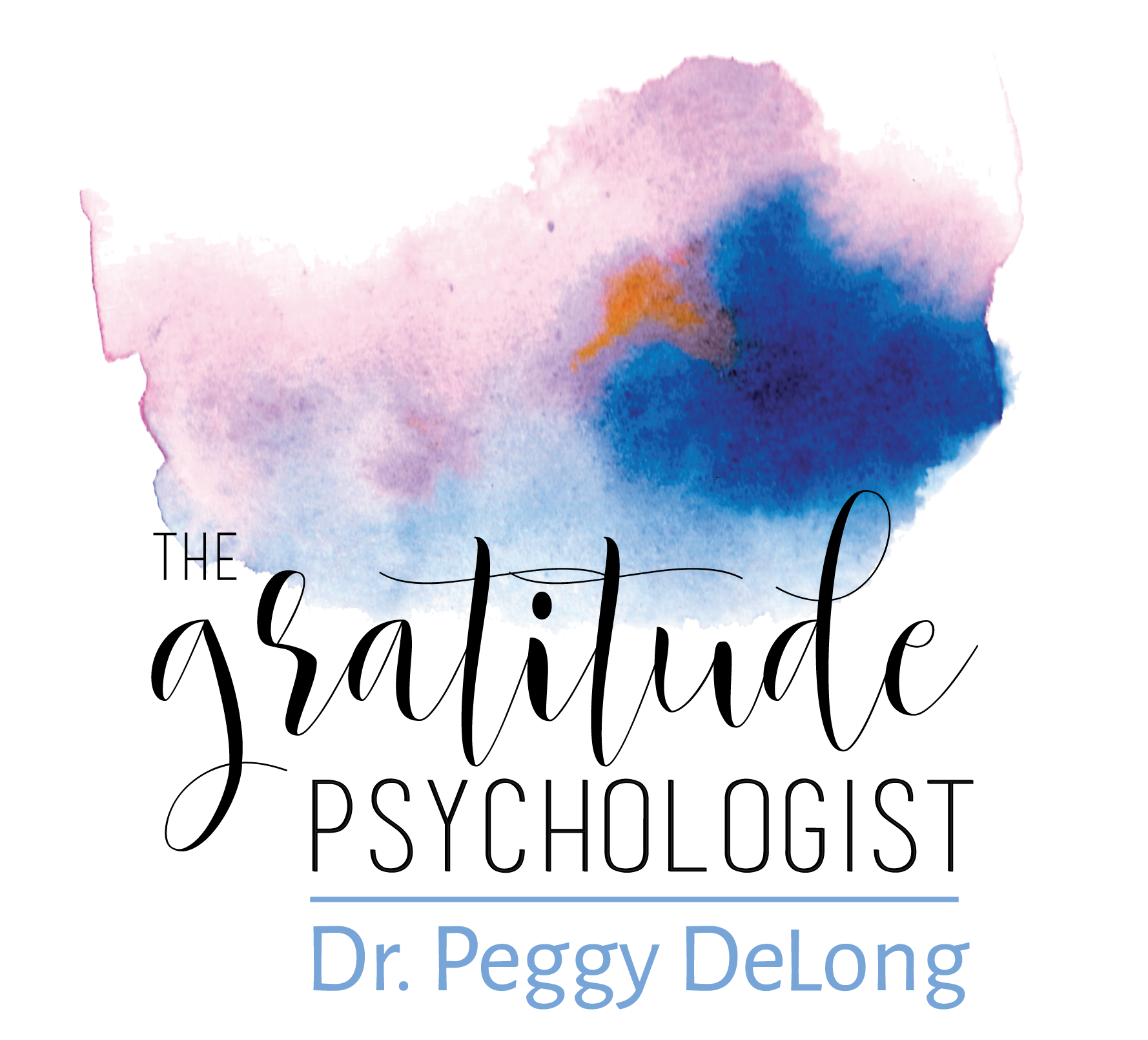Are You Asking Yourself the Wrong Question?
I receive messages from friends, acquaintances, and strangers daily, asking me mental health-related questions. It was suggested to me that I share some common questions with my responses, in case it helps you or someone you love, too.
Question:
I feel like I’m a relatively happy person. I’m perceived as bubbly and upbeat. But I have a deep inner sadness in me. I keep wondering, how do I stop the sadness? Am I asking myself the wrong question?
Response:
Thank you for your vulnerability in asking this question, and trusting me with it. Without knowing anything about your background (family history, childhood experiences, etc), as well as current life circumstances, it is hard for me to give a response that is uniquely helpful for YOU.
However, I do have a response that may be of help in a more general sense. And I think you’re on to something when you ask yourself, “Am I asking myself the wrong question?”
I would say, “Yes. You’re asking yourself the wrong question.” The goal is not to “stop” the sadness. It is really hard to just “stop” a feeling. It is there for a reason, and it is meant to be felt. Yes, even the painful ones. We cannot heal what we don’t feel.
When you’re focused on “stopping” the sadness, it does not go away, and the tendency is to become emotionally numb. Then a consequence is not feeling the fullness of joy. We need to feel joy fully! It helps us to cope with sadness!
I know it sounds scary, but I invite you to lean into that sadness. Feel it. Write about it. Talk to someone about it (even if you don’t know where the sadness is coming from). There is tremendous therapeutic value in not just feeling our emotions, but expressing them. And the expressing can be in so many different forms, including through movement.
A great book that provides understanding about this is Bittersweet: How Sorrow and Longing Make Us Whole, by Susan Cain. Also, any podcast with Edith Eger on it – she explains how “we can’t heal what we don’t feel.” She’s been on The Cathy Heller Podcast, Feel Better Live More, The School of Greatness, Oprah’s Super Soul, Terrible, Thanks for Asking, The Marie Forleo podcast, and more. You can also check out her books, The Gift, and The Choice.
You might also ask yourself, “What is the sadness trying to teach me? What is the lesson here?” See if there’s a valuable lesson in the painful experience. Is it unresolved grief? Disenfranchised grief that you told yourself wasn’t a big deal?
Often, the painful feeling is present because it is related to a value somehow being “violated.” Not always, sometimes. But in those sometimes, figuring out the value is powerful in moving through the sadness, and can result in motivation and clarity in making life changes that result in less sadness. Some values to think about that might be “violated” are trust, love, integrity, purpose.
It would also be helpful to uncover any thoughts you have that may be contributing to the sadness and to address those thoughts. Negative thought patterns influence mood. They’re often subconscious and automated, affecting you and guiding you without you even realizing it. Becoming aware of them and changing them is powerful. This is why I talk so much about gratitude! It is the easiest way to train your brain to think more positively, which in turn helps to change the negative thoughts you’ve got going on.
That being said, no one wants to feel sad all the time. So self-imposed methods of elevating mood are crucial. Now that’s just a fancy way of saying do what makes you feel good so you don’t get stuck in that sadness. Keep track of what elevates your mood, and do more of that. Every day if possible. Think of it as both prevention, and as a method to elevate mood AFTER you have allowed yourself to feel sad.
I view “doing what makes you feel good” as not just important for improving mental health today, but as prevention. These activities reduce the intensity and frequency of sadness/anxiety. This is what I refer to in my mental health programs as the 4 Ps – Prioritize, Plan, Practice, and Prosper.
I’m talking about things like listening to music you love, going for a walk in nature, dancing and skipping, writing a gratitude letter, journaling, reading, getting together with a good friend. It may sound silly, but make a list of what brings you joy, and make doing these things a priority.
I hope this is helpful, and I thank you again for your vulnerability and trust in reaching out to me.
Dear reader, I hope this is helpful for you too!
In Gratitude,
Peggy
PS – This is meant for educational and entertainment purposes only, and is not meant as advice in a professional relationship. If you’d like to work with me professionally, click HERE for more information.

Leave a Reply